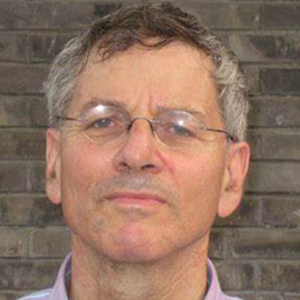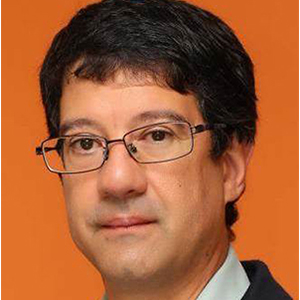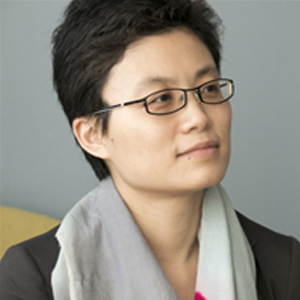全球北极治理与公共政策:气候、资源、科技与安全

课程教师
Rasmus Gjedssø BERTELSEN
教师简介
Rasmus Gjedssø Bertelsen (贝牧思) is a Professor of Northern Studies and the inaugural Barents Chair in Politics at UiT-The Arctic University of Norway (Tromsø). He is a Danish national, who grew up in Reykjavik and has a deep personal and professional commitment to the North Atlantic and Arctic. Rasmus studied in Copenhagen, Reykjavik, Geneva, Lausanne and Amsterdam. His PhD is from the University of Cambridge with a year at Sciences Po. Rasmus was postdoc at Harvard, United Nations University (Yokohama) and Aalborg University. Main research interests include international and Arctic order, transnational flows of knowledge between the West and East, science diplomacy, science and technology in international politics. Rasmus directed the workpackage developing European science diplomacy theory and strategy in H2020 InsSciDE. 2020-2021, Rasmus was on sabbatical at Sorbonne University and visited Friedrich-Alexander-Universität in Erlangen, Germany. He was the 2022-2023 Nansen Professor of Arctic Studies, University of Akureyri (Iceland). He coordinates the Norwegian-Russian PhD course Society and Advanced Technology in the Arctic (paused) and the Norway-EU Science Diplomacy Network.
课程内容
The Arctic is important to study global governance and public policy as it closely reflects global changes in politics, economics, science and technology, security, institutions and norms.
Arctic order closely reflects world order, whether bipolar, unipolar, or multipolar. The state of science & technology defines which Arctic natural resources are in demand from the world economy, from 1600s whale oil to current critical minerals. Climate change with sea-ice loss and technology have made important Arctic energy and other natural resources available for the world economy. The Arctic illustrates global (economic) governance of state and non-state actors.
The Arctic illustrates global science & technology governance and public policy. High latitude locations are central for many civilian, commercial, military, scientific, etc., space operations. The Arctic is also central to international security. With the Cold War, short Transpolar flightpaths between North America and Eurasia, nuclear weapons, long-range bombers, intercontinental ballistic missiles, and submarines have made the Arctic central to strategic stability at the highest level. Increasingly the Arctic is central to ballistic missile defense and space security. The Arctic is closely connected with the need for nuclear and space arms control.
课程安排
Ten Session Topics
Introduction of topic, professor, students: Introduction of class, presentation of RGB and students. The Arctic and the international system. The global history of the Arctic
Climate change: The Arctic in global climate system for science, governance, and public policy.
Power transition, globalization, and the Arctic: The Arctic in changing global governance from the Cold War, via US unipolarity to Sino-American bipolarity or multipolarity.
Arctic natural resources and global economic governance: Arctic natural resources have been sought after by the world economy for centuries engaging state and non-state actors in governance.
Arctic innovation and knowledge-based economy: advanced technology and entrepreneurship
Arctic Indigenous Peoples: International Human Rights and transnational non-state actors
Strategic Science and Technology in the Arctic: Nuclear and Space
The Arctic in International Security: state and human security
Danish-Faroese-Greenlandic-Icelandic Independence Politics and Devolution
Conclusion
预期目标
The students will understand how the Arctic is part of international systems of politics, economics, science & technology, and security. They will be able to connect this connection with questions of global governance and public policy in areas of climate, resources, science & technology, and security.

Time: 14:00-16:30 Session 2 (7.15-7.19 7.22-7.26)

Time: 9:00-11:30 Session 2 (7.15-7.19 7.22-7.26)

Time: 18:00-20:30 Session 1 (7.1-7.5 7.8-7.12)

Time: 18:00-20:30 Session 2 (7.15-7.19 7.22-7.26)

Time: 14:00-16:30 Session 2 (7.15-7.19 7.22-7.26)

Time: 9:00-11:30 Session 2 (7.15-7.19 7.22-7.26)

Time: 18:00-20:30 Session 1 (7.1-7.5 7.8-7.12)

Time: 14:00-16:30 Session 1 (7.1-7.5 7.8-7.12)

Time: 14:00-16:30 Session 1 (7.1-7.5 7.8-7.12)

Time: 9:00-11:30 Session 1 (7.1-7.5 7.8-7.12)

Time: 9:00-11:30 Session 1 (7.1-7.5 7.8-7.12)




